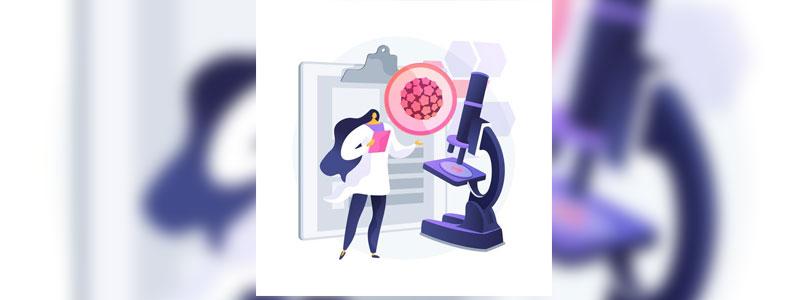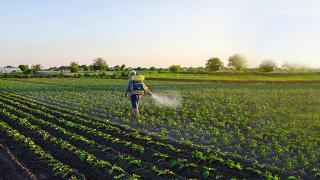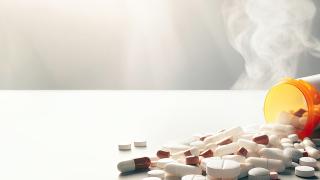Study Links PPI Drugs And Risk Of COVID-19 Infection
Study Links PPI Drugs And Risk Of COVID-19 Infection

Introduction
Researchers from Cedars-Sinai Medical Center in Los Angeles published a study in the American Journal of Gastroenterology, last week, indicating that the use of a class of medications known as proton pump inhibitors (PPI), which includes Nexium, Prilosec, Prevacid, Protonix, and other similar heartburn drugs could increase the risk of contracting COVID-19 infection.
According to the pre-print report published, the study is the result of an online survey conducted from May 3 to June 24. The population-based survey asked 53,130 participants regarding the use of drugs like Nexium and Prilosec, and whether they have tested positive for a COVID-19 infection.
The findings revealed that 3,386 participants tested positive for the novel coronavirus. After analyzing the data, the researchers learned that people who took PPI drugs once a day were two times more likely to test positive for the virus, and those who took it twice daily were more than three and a half times likely to test positive. The study suggests that the usage of drugs should be added to the list of factors that increase the risk of a COVID-19 infection.
The researchers also found that those who take non-PPI heartburn drugs, like Tagamet, did not show any signs of being suspected to the infection.
PPIs have already been in the news after people started filing lawsuits claiming the risk of kidney damage and kidney failure, which the manufacturers knew yet failed to warn the users.
PPIs are the most widely used drugs in this world prescribed for the treatment of gastrointestinal (GI), acid reflux, and acid-related disorders like GERD. Mostly, they are prescribed without a clear indication of the infection. The long-term use of PPI puts patients at risk of bone fracture, chronic kidney disease, and GI infections. The use of PPIs has risen to 7.6% in 2015 from 1.6% in 1998. This class of medication has recently received negative limelight for its linkage with COVID-19 infection. There are pieces of evidence to show that the use of PPIs increases the risk of COVID-19, however, there are still patients continuing the usage of these drugs due to their effectiveness in the treatment of severe gastroesophageal reflux and ulcer disease.
The recent study by Dr. Spiegel and his colleagues to check PPI association with COVID-19 disease was published on July 7 in the American Journal of Gastroenterology. The study shows that the use of PPIs increases the chances for the development of enteric infections which include the SARS-CoV-1 virus related to COVID-19, SARS-CoV-2. Dr Spiegel in his study stated that the use of PPI results in pH levels going above 3 in the stomach which will enable the virus to enter the GI tract with ease.
The researchers in the recent study found that people who take PPI daily at least once a day was twice as likely to get infected with coronavirus as compared to the ones who do not take these drugs for GI treatment.
Patients for whom PPI dosage every day are mandatory can continue taking this drug. However, these patients are immunocompromised, they should take extra care like maintaining social distance, continuously wearing a mask while in public, washing hands frequently to avoid getting exposed to the COVID-19 virus.
Lawsuits involving Nexium, Prilosec, Prevacid, and other PPIs have grown up to nearly 15,000 cases filed across the federal court system. The lawsuits are consolidated under MDL No. 2789 presided by U.S. District Judge Claire C. Cecchi.
Latest News
Philips Sues CPAP Cleaner SoClean to Share Settlement Costs
Philips has filed a lawsuit against SoClean, a company that manufactures ozone-based cleaning systems…




